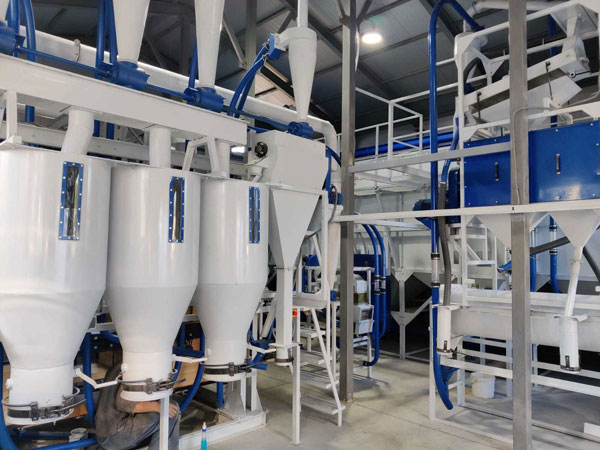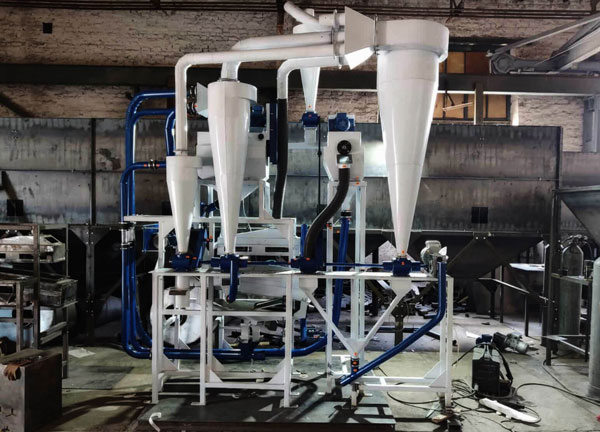Current commercial production of ethanol is based almost exclusively on starch- and sugar-based feedstocks. In the United States, the ethanol industry is dominated by corn. In Europe, the most common feedstock is wheat, although other cereal based grains can be used (e.g., barley, maize, rye), the rest – is mainly derived from sugar beets.
For starch-based materials a pretreatment to break down starch require a more complex pretreatment and enzymatic hydrolysis to release sugars. For sugar-based materials, such as sugarcane, the sugar can be extracted and directly used for fermentation by yeast.
Dry mill ethanol plants generally produce only one primary co-product, distillers’ grain with solubles (DGS), which can be sold wet (WDGS) or dried (DDGS) for use as animal feed. In contrast, the wet-milling process of separating shelled grain into its components, prior to processing, increases the number of co-products realized. You can get glucose-fructose syrup, wheat starch, glucose monohydrate, wheat and corn gluten, corn germ e.t.c


Our engineers is available to you by phone or e-mail. Get in touch.
+380 (97) 5781 934 (WhatsApp)